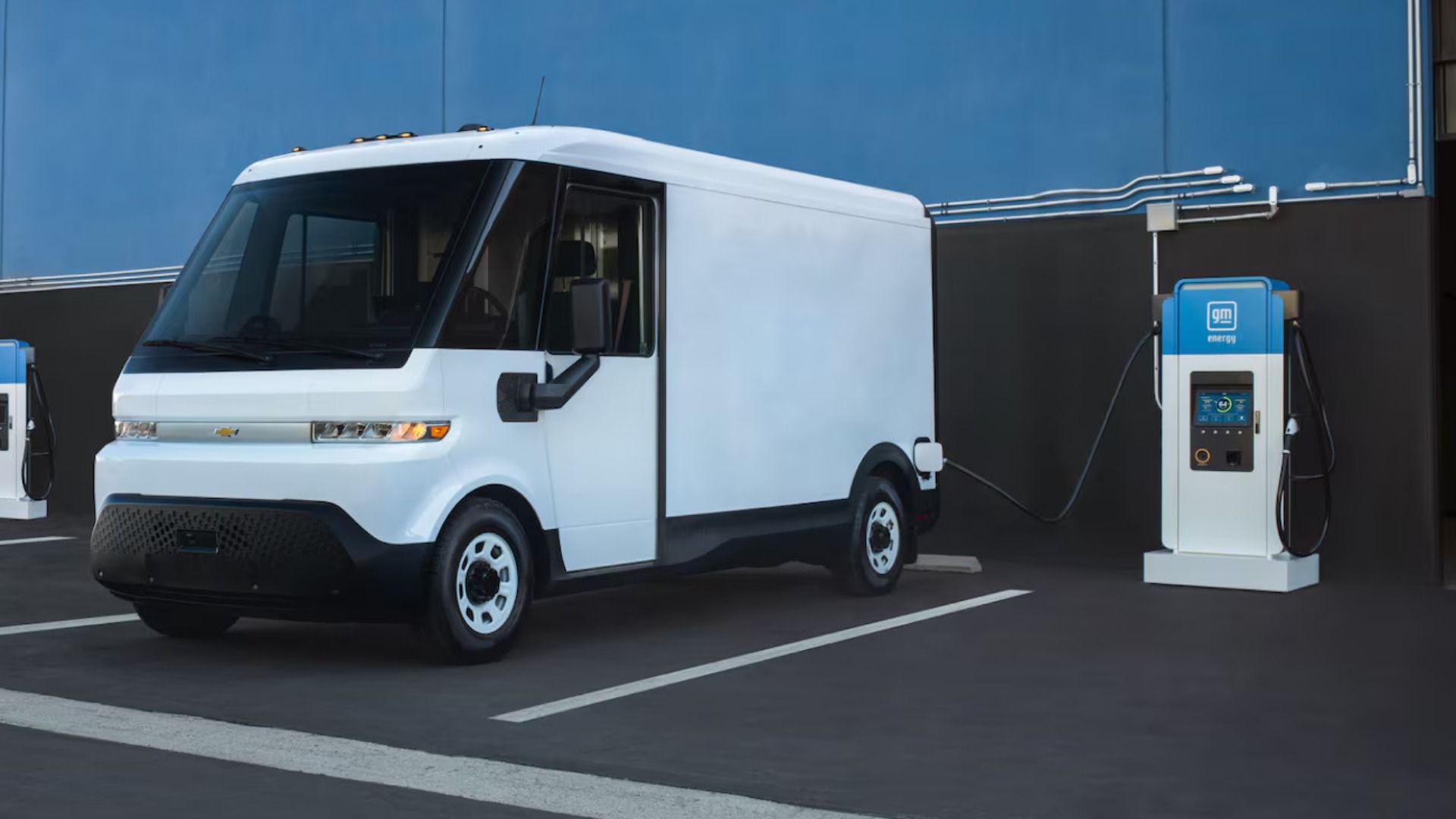Car Tariffs and Their Impact on the US Economy in 2025
Car Tariffs and Their Impact on the US Economy in 2025 the year 2025 promises to be a turning point for the US economy, especially regarding the automotive sector. A key factor driving this transformation is the imposition of car tariffs, which have been reshaping the landscape of trade and manufacturing. As these tariffs come into play, they trigger a ripple effect across industries and ultimately influence broader economic trends. The car tariffs effect on US economy has sparked debate about the balance between protecting domestic industries and the potential consequences of protectionist policies.
This article delves into how car tariffs affect not only car manufacturers but also consumers, workers, and the wider economy. Understanding these ramifications is crucial for navigating the evolving landscape of the US economy in 2025.

What Are Car Tariffs?
Car tariffs are taxes imposed on imported vehicles and vehicle parts. They aim to level the playing field for domestic manufacturers by making foreign products more expensive. The intention behind car tariffs is often to support US-made vehicles, protect local jobs, and reduce trade imbalances. In 2025, the ongoing trade policy decisions are shaping the trajectory of the automotive industry and its associated sectors.
While the intention is to bolster domestic production, the effects are often more complex than initially anticipated. These tariffs impact the supply chain, manufacturing decisions, consumer behavior, and ultimately the economy as a whole. But just how significant is the car tariffs effect on US economy? Let’s take a deeper dive into the consequences.
The Direct Impact on the Automotive Industry
The automotive industry is one of the largest sectors in the US economy. It includes manufacturers, suppliers, and retailers of cars, trucks, and auto parts. The introduction of tariffs can have a direct and immediate effect on this sector, especially regarding the costs of production.
Increased Production Costs
One of the most immediate consequences of car tariffs is the increase in production costs. Many US-based car manufacturers rely on parts and components from overseas, particularly from countries like China, Japan, and Germany. When tariffs are applied to these parts, the cost of manufacturing vehicles rises. The result is that car manufacturers either have to absorb these costs, which can hurt their profit margins, or pass the additional costs on to consumers.
In either case, the car tariffs effect on US economy is significant. Higher production costs can lead to price increases for consumers, which could decrease demand for new vehicles. In turn, reduced demand could negatively impact employment within the automotive sector, creating a potential risk for job losses or wage stagnation in certain areas.
Impact on Innovation and Technology
Car tariffs also have implications for innovation. The automotive industry, especially the electric vehicle (EV) sector, is rapidly evolving, with manufacturers constantly striving to introduce new technologies. However, tariffs on imported parts and technologies may limit manufacturers’ access to cutting-edge components. This could slow down innovation and delay the rollout of new models and technological advancements in the industry, particularly in the EV sector.
The car tariffs effect on US economy could thus extend beyond immediate production costs. By stalling progress in the development of energy-efficient vehicles, tariffs might affect the growth of the green economy, which could have long-term consequences for both the automotive industry and environmental sustainability.
The Consumer Perspective
Tariffs, while intended to protect domestic industries, ultimately impact consumers in multiple ways. Understanding how car tariffs affect consumer behavior is crucial to grasping the full scope of their economic consequences.
Higher Prices for Consumers
The most direct effect of tariffs is the increase in prices for goods, including vehicles. As manufacturers face higher costs for foreign components, they often raise the prices of finished cars to maintain profit margins. This price hike can discourage consumers from purchasing new vehicles, particularly for those on a budget.
For consumers, this means that buying a new car becomes a more expensive proposition, leading many to hold off on purchasing or opt for used vehicles instead. This could result in a slowdown in the automotive market, leading to reduced sales figures across dealerships and an overall slowdown in consumer spending.
Reduced Choice and Quality
When tariffs are imposed, manufacturers may be forced to source lower-cost components or substitute certain foreign parts with domestic alternatives. While this might support local manufacturing, it could also lead to a reduction in product variety and quality. Consumers could find themselves with fewer options when purchasing new vehicles, and in some cases, the overall quality of vehicles might decrease.
The car tariffs effect on US economy thus extends beyond financial considerations—it impacts the consumer experience, making it less appealing to buy new cars. A limited selection of vehicles and reduced quality could lead consumers to become frustrated with the market, which could exacerbate the challenges already faced by manufacturers.
Employment and Labor Market Effects
Car tariffs have the potential to reshape employment trends in the US, particularly in the manufacturing and auto sectors. These tariffs affect workers at all levels of production, from assembly line laborers to engineers and technology specialists.
Potential Job Creation
In theory, imposing tariffs should result in more jobs for US workers. As the cost of foreign-made cars increases, the demand for domestically manufactured vehicles rises, theoretically leading to more job opportunities in US factories. The government argues that tariffs protect US manufacturing jobs from cheaper foreign competition.
However, the reality is more nuanced. While some workers may benefit from increased demand for domestic products, others may find their jobs at risk due to higher production costs and reduced consumer demand. Car manufacturers may reduce production, resulting in layoffs or reduced hours for workers. Additionally, the trend toward automation in manufacturing could offset job gains by replacing workers with machines.
Impact on Specialized Skills
Another consequence of tariffs is that they could shift the types of jobs in the automotive sector. As car manufacturers adapt to tariff changes, they may move towards high-tech solutions, like robotic assembly lines and advanced manufacturing processes. While these technologies can increase productivity, they may also lead to the displacement of workers without the necessary skills to operate or maintain the new machinery.
The car tariffs effect on US economy is not limited to job quantity alone but also job quality. The labor force must be prepared to transition to new roles that require specialized skills in automation, robotics, and EV production. Without proper workforce development, tariffs may end up contributing to job loss in traditional manufacturing roles while simultaneously creating a skills gap in the sector.
Broader Economic Implications
The impact of car tariffs extends well beyond the automotive industry. These policies have significant ripple effects across the broader economy.
Strain on the Trade Balance
Tariffs are designed to reduce the trade deficit by encouraging domestic production. However, in some cases, tariffs may lead to trade retaliation from other countries, which could harm other US industries. For example, if the US imposes tariffs on car imports, other countries may respond with tariffs on US-made goods, leading to a tit-for-tat trade war.
This could exacerbate the car tariffs effect on US economy, as trade tensions might result in reduced exports, higher prices for consumers, and strained international relations. Trade wars are a double-edged sword—they may protect certain sectors in the short term, but they can have long-term negative consequences for the economy as a whole.
Reduced Economic Growth
Higher prices, reduced consumer demand, and the shifting dynamics of international trade can all lead to reduced economic growth. While tariffs may initially benefit certain sectors, the broader effects on consumer confidence, market competition, and foreign trade can dampen overall economic performance.
If consumers are spending less on vehicles and manufacturers are facing higher costs, this will reduce economic activity in both the car industry and the wider economy. With reduced growth, businesses may cut back on investments, and the job market could stagnate, exacerbating the car tariffs effect on US economy in 2025.
The car tariffs effect on US economy is a multifaceted issue that requires careful consideration. While tariffs aim to protect domestic industries and create jobs, their impact is not always straightforward. In the automotive sector, tariffs have the potential to increase production costs, raise vehicle prices, reduce consumer choice, and slow innovation.
At the same time, the effects of tariffs ripple through the broader economy, impacting trade relations, consumer spending, and overall economic growth. The key to navigating these challenges will lie in balancing protectionist policies with global competitiveness, ensuring that the US economy remains resilient in the face of a rapidly changing world.
In 2025, as the effects of these tariffs unfold, it will be essential to monitor the broader economic landscape. While there are short-term gains to be had, the long-term consequences of protectionist measures must not be overlooked. Only by understanding the full spectrum of these impacts can p








